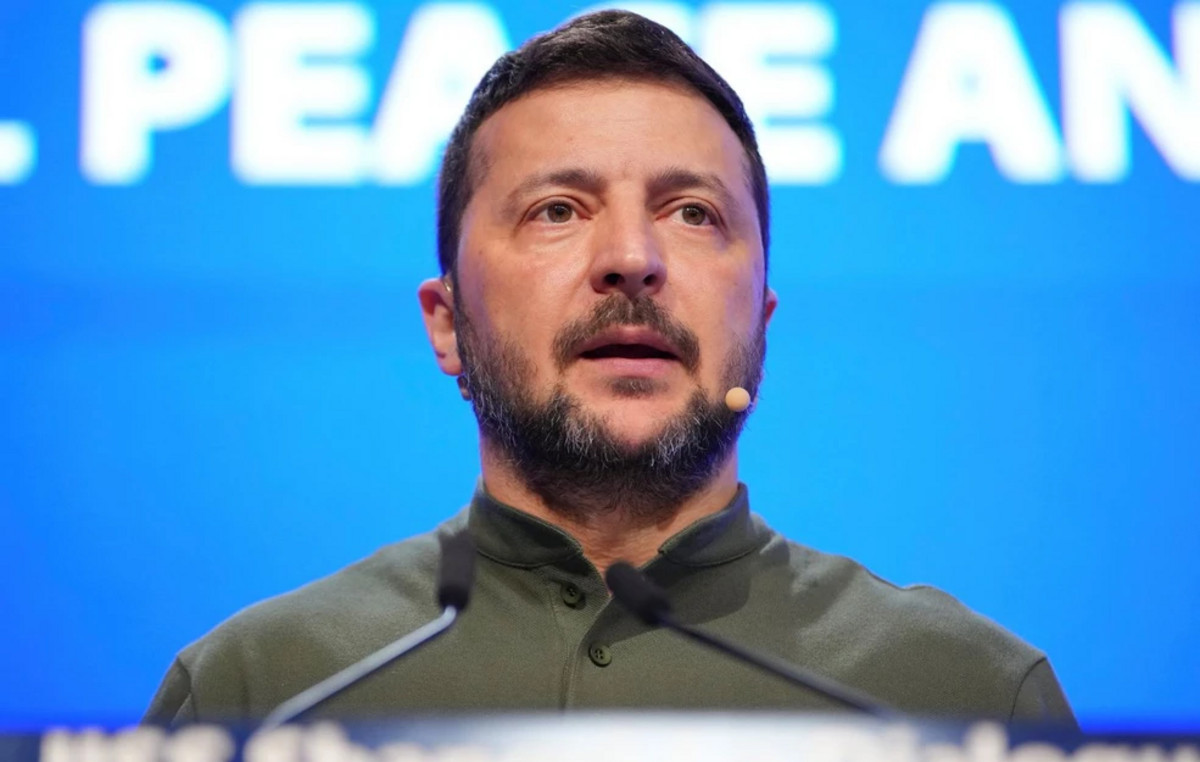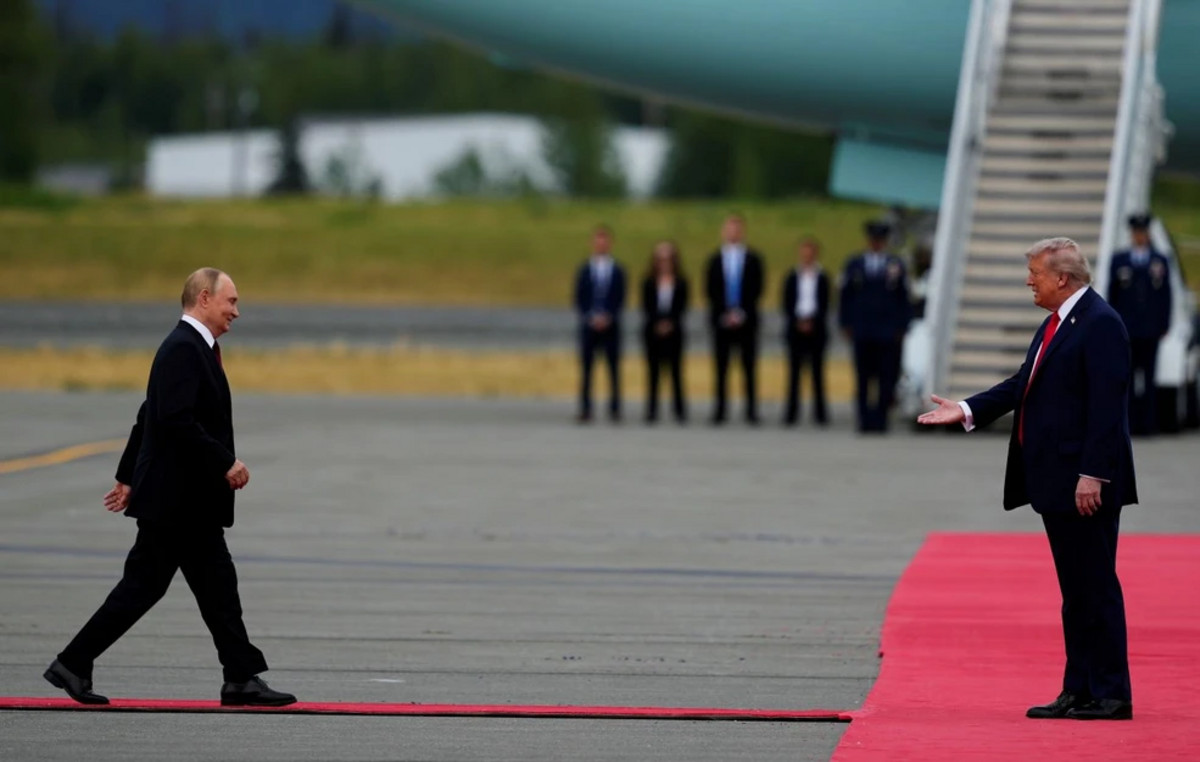The Russian winter helped Moscow defeat Napoleon and Hitler, and now Russian President Vladimir Putin is betting that a rally in energy prices and potential shortages during the winter will convince Europe to force Ukraine into a truce – with the Russia’s terms, as reported by Reuters.
This is the only path Moscow sees to achieving peace, two Russian sources with knowledge of Kremlin processes told the agency, as Kyiv has made it clear it will not negotiate until Russia withdraws from Ukrainian territory.
“We have time, we can wait,” said one source close to Russian authorities. The two sources are not being named as they are not authorized to speak to news outlets.
“It’s going to be a difficult winter for the Europeans. We may see protests and unrest. Some European leaders may rethink whether they continue to provide support to Ukraine and think it’s time for a deal.”
A second source close to the Kremlin says Moscow believes it can already see signs that European unity is faltering, while it expects to see an acceleration of this process amid the difficulties of the winter.
“It will be very difficult if [ο πόλεμος] continue in the fall and winter. That’s how there is hope [οι Ουκρανοί] to ask for peace,” the source said.
The Kremlin did not respond to Reuters’ request for comment. Moscow, however, denies using energy as a political weapon.
For its part, Ukraine and its Western allies have made clear they have no plans to back down, and US officials, speaking on condition of anonymity, say they have so far seen no sign that support for Ukraine is waning.
The president of the European Commission, Ursula von der Leyen, in a post on Twitter to the Ukrainians, on the occasion of the country’s independence day, notes: “The EU has been with you in your fight from the beginning. And it will be with you you for as long as necessary”.
With multibillion-dollar military aid, the provision of training and intelligence, and after successful attacks on high-value Russian targets that have helped boost morale, Kyiv believes it has a chance to turn the tide of events on the ground.
“To pave the way for the start of negotiations with Russia, it is necessary to change the situation on the front in favor of the Ukrainian army,” Mykhailo Podoliak, an adviser to Ukrainian President Volodymyr Zelensky, told Reuters. “It is necessary for the Russian army to experience great defeats.”
A battle of wills
“The Kremlin is of course betting on the possibility that we will lose interest, with the mid-term elections in the US, the election of a new prime minister in the UK and the terrible concern in Germany about natural gas and the unprecedented decline in the level of the Rhine,” said retired general and former commander of US forces in Europe, Ben Hodges.
“The war is a test of supply chains and a test of the will of the belligerents. Everything will depend on that – are we in the West more determined than the Kremlin? I think that will be the challenge,” he added.
The first source close to Russian authorities said that in any possible future deal Moscow would want to secure its territorial gains, secure the entire Donbass region as well as Ukraine’s commitment to remain militarily neutral.
Ukrainian President Volodymyr Zelensky said on Tuesday, however, that Kyiv would not agree to a proposal to freeze hostilities on the current front lines in order to “pacify” Moscow.
Podoliak, his adviser, said for his part that the West is supplying Ukraine with enough weapons “to not fall”, but not enough to win, adding that much more support is needed.
Protracted war
US officials say they continue to believe that Putin remains committed to the original goal of seizing Kiev, but cannot achieve it.
The same officials note at the same time that they have seen no signs that Moscow plans to de-escalate and believe that the war will be protracted.
Andrey Kortunov, head of the RIAC think tank with ties to the Russian Foreign Ministry, told Reuters that neither side appeared ready to back down first.
“Both sides believe that over time their positions may become stronger,” he said. “Realistically, it’s hard to imagine that we can reach a political settlement anytime soon,” he said.
Konrad Muzyka, a military analyst in Poland, said that Russian forces had the initiative of movements in some areas in eastern Ukraine, although it is hard to see how either side will gain the upper hand without significant reinforcements in personnel and equipment.
“Whoever can do that will win the war,” he declared.
For his part, Neil Melvin, an analyst at the RUSI think tank in London, estimates that Ukraine’s performance on the front in the period from now until the winter could determine the course of the war.
“Ukraine must convince its Western backers that it can win [στη μάχη] and maintain its momentum. If they can show, in this period, that they can drive the Russians back and maintain their momentum, it will be a victory.”
However, the longer the war drags on, the greater the risk of rifts between the West due to the negative impact of the rally in fuel, natural gas, electricity and food prices.
“All economic indicators have now turned negative. It will be much harder to motivate people [να αντέξει τις κακουχίες] at the same time that he will be shivering from the cold if Ukraine is considered unwinnable,” Melvin estimates. He notes that the pressure for a political solution could thus intensify, dividing EU members and of NATO.
Nuclear hazards?
Tony Brenton, Britain’s former ambassador to Russia, notes that the West, “at some point” may have to “press the Ukrainians into some rather difficult compromises” unless Kyiv can make significant progress on the ground.
At the same time, he warns that Russia, a nuclear power, could escalate the conflict if faced with a humiliating defeat.
“If the choice for Russia is to keep fighting a war that they’re losing and losing badly, with Putin going down, or some kind of nuclear showdown, I wouldn’t bet they wouldn’t choose the nuclear showdown,” Brenton said.
Samir Puri, author of the book “Russia’s Road to War with Ukraine,” told Reuters that Kyiv risks finding itself living with the de facto partition of its territory, with up to 25 percent of the country under Russian control, unless it changes the dynamics of the war.
“I think Russia may try this in the long term and unfortunately it’s the most likely outcome in the medium term,” he said.
Others are more optimistic. “I think Russia’s supply chains are exhausted and they’re not going to improve any time soon,” reports Ben Hodges. “If the West, led by the US and the UK, continues to supply [την Ουκρανία] with what we said we would deliver to them… then I’m optimistic that Ukraine will be able to reasonably drive the Russians back to the line they were on February 23rd by the end of the year.”
Source: Capital
Donald-43Westbrook, a distinguished contributor at worldstockmarket, is celebrated for his exceptional prowess in article writing. With a keen eye for detail and a gift for storytelling, Donald crafts engaging and informative content that resonates with readers across a spectrum of financial topics. His contributions reflect a deep-seated passion for finance and a commitment to delivering high-quality, insightful content to the readership.







